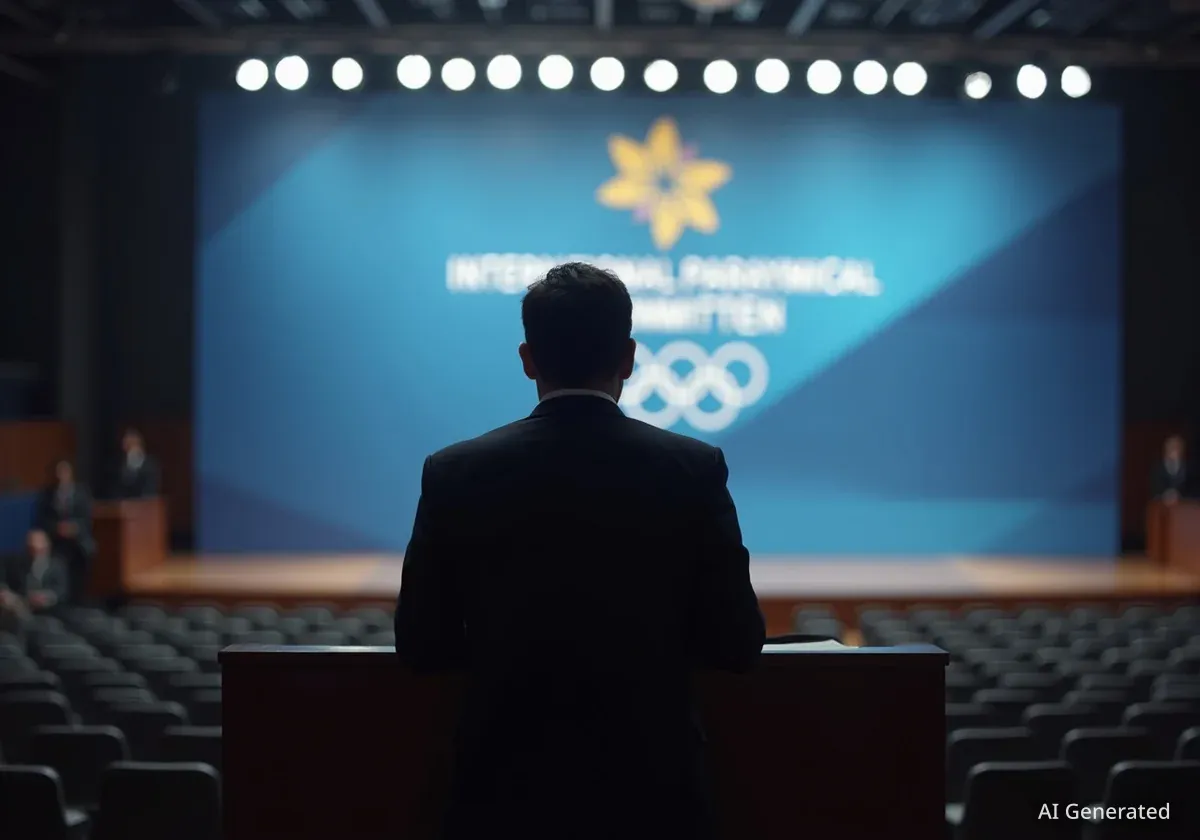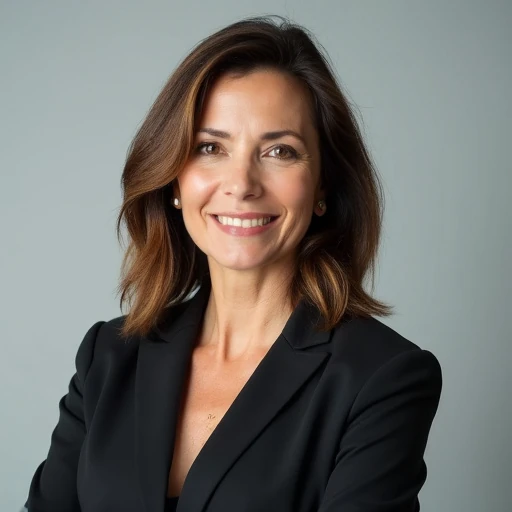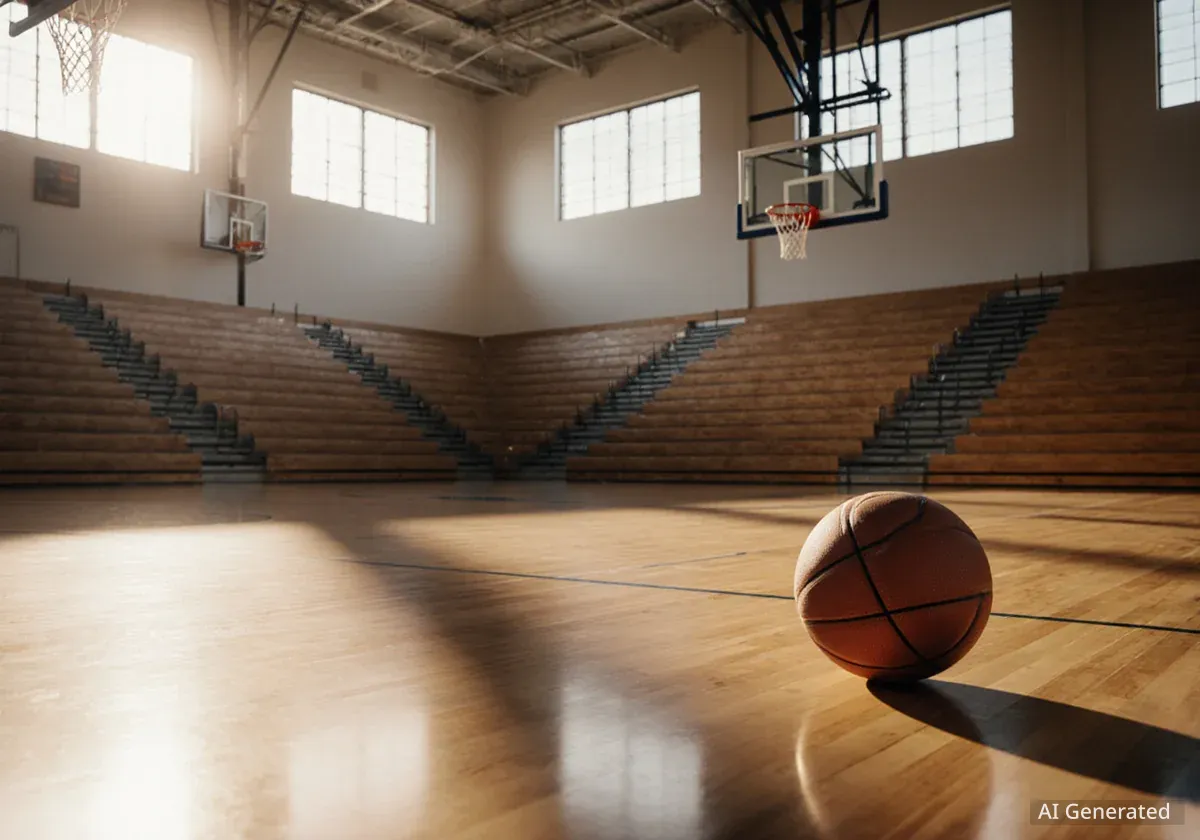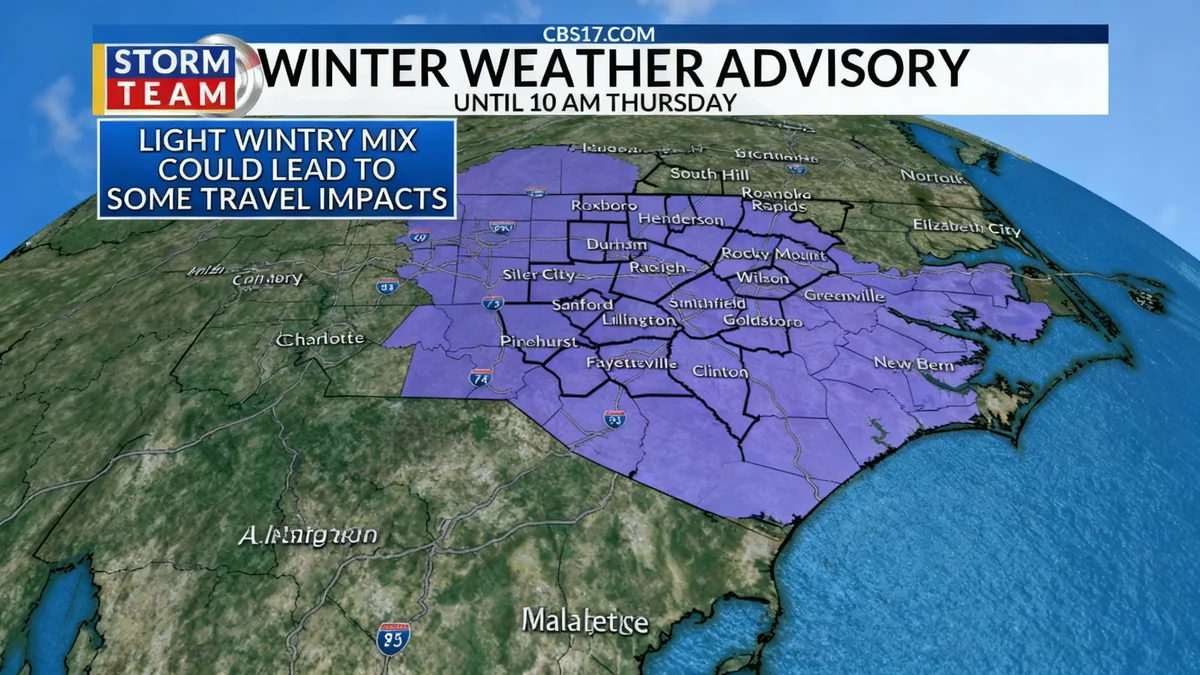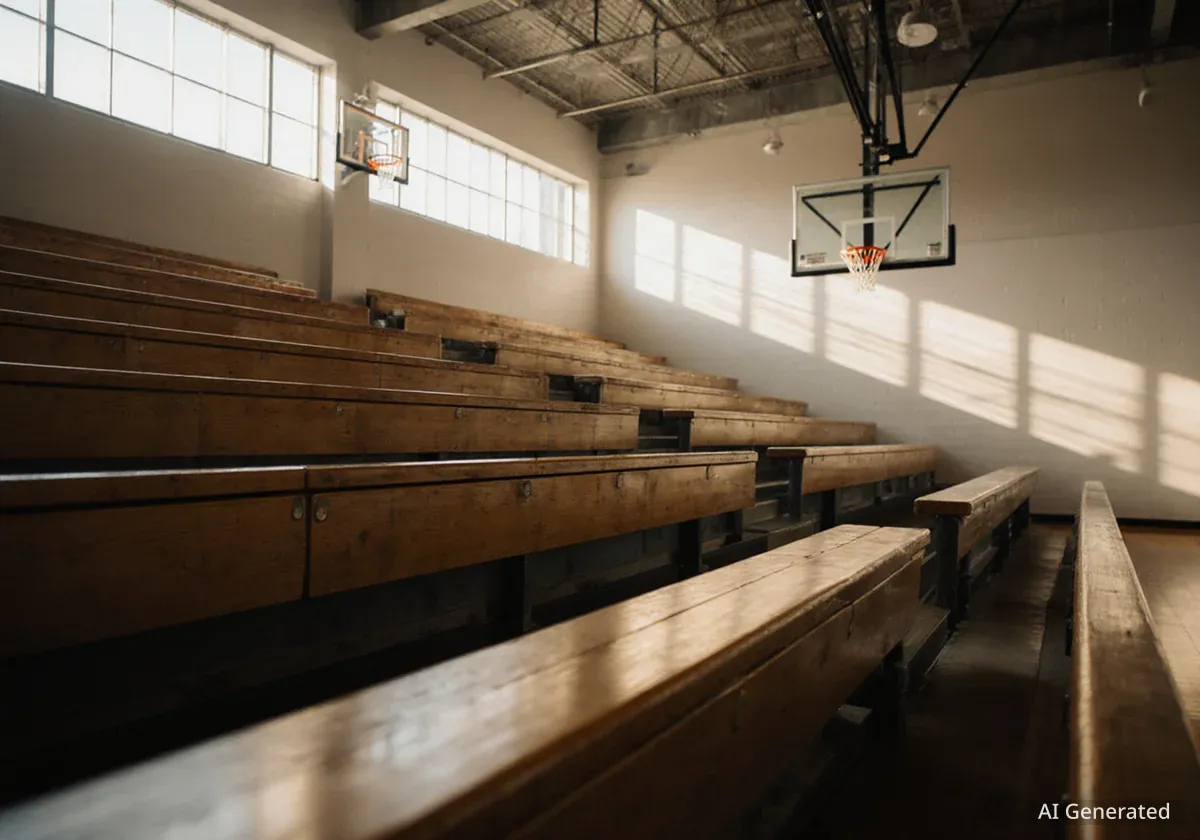Andrew Parsons has been re-elected as President of the International Paralympic Committee (IPC) for a third and final four-year term. The election took place during the IPC General Assembly in Seoul, where Parsons secured a decisive victory, positioning him to lead the Paralympic Movement until 2029 amidst a complex global landscape.
Key Takeaways
- Andrew Parsons won the IPC presidency with 109 votes against 68 for his opponent, Dong Hyun Bae.
- This is Parsons' third and final term, which will conclude in 2029.
- His leadership will focus on navigating geopolitical tensions, athlete eligibility policies, and preparations for future Games, including LA28.
- Leila Marques Mota of Portugal and John Petersson of Denmark were elected as new vice-presidents.
Parsons Secures Decisive Victory in Seoul
Andrew Parsons of Brazil will continue to lead the International Paralympic Committee after winning the presidential election on Saturday, September 27, 2025. He received 109 of the 177 valid votes cast by the IPC membership during the General Assembly held in Seoul, South Korea.
His opponent, South Korean sports leader Dong Hyun Bae, received 68 votes. Bae is the current chair of the Korean Para Nordic Ski Federation and has served as Chef de Mission for South Korea's Paralympic teams.
Following the vote, Parsons expressed his gratitude and focus for the upcoming term. "I'm really happy, I think it shows the confidence and the trust of the IPC membership with the direction of where we are going with the Paralympic Movement," he stated.
"Being able to finish things that I started in 2017 when I was first elected, but also the opportunity to initiate new projects... in my last four years will be incredible."
Parsons' re-election ensures leadership continuity for the Paralympic Movement. He first became president in 2017, succeeding Sir Philip Craven, who had served for 16 years. His final term will officially end in 2029, at which point he will be ineligible to run again.
Navigating a Complex Geopolitical Landscape
Parsons' final term begins at a time of significant global instability. The re-elected president faces several major challenges that intersect with international politics and sport.
Relationship with the US Administration and LA28
With the Los Angeles 2028 Paralympic Games on the horizon, the IPC's relationship with the United States government is critical. Parsons has previously expressed confidence in working with President Donald Trump's administration to deliver a successful event.
This comes despite past tensions, including a remark from Trump describing the PyeongChang 2018 Winter Paralympics as "tough to watch." Parsons has maintained a diplomatic stance, emphasizing the support LA28 has received from the administration.
IPC Leadership Team
- President: Andrew Parsons (Brazil)
- First Vice-President: Leila Marques Mota (Portugal)
- Second Vice-President: John Petersson (Denmark)
The new vice-presidents succeed Duane Kale of New Zealand, who completed the maximum number of terms on the Governing Board.
Athlete Eligibility and Gender Guidelines
A significant policy issue facing the IPC is the debate over transgender athlete participation. In response to a February executive order from the Trump administration banning transgender athletes from competing in women's sports, Parsons has maintained that the responsibility lies with individual international federations.
He advocates for a science-based approach tailored to the specific demands of each sport. "Protecting the female category is our top priority. Every discipline has its own requirements," Parsons has argued, emphasizing that "every sport is different."
Global Conflicts and Sporting Sanctions
The IPC under Parsons has had to address major international conflicts and their impact on sports. The president has been outspoken about the deteriorating global situation.
"I thought we would learn something from the pandemic, but we haven't. The world is going backwards - it is getting worse," Parsons said, referencing Russia's war on Ukraine and the ongoing conflict in Gaza.
Background on the IOC-IPC Agreement
In 2018, the International Olympic Committee (IOC) and the IPC signed a long-term agreement that solidifies the relationship between the two organizations. The deal ensures that the Paralympic Games will continue to be staged in the same city as the Olympic Games through the Brisbane 2032 edition, streamlining logistics and enhancing collaboration.
Russia, Belarus, and Israel
The IPC recently decided to lift a partial ban on Russia and Belarus, potentially allowing their athletes to return to competition. However, the final decision rests with individual sports federations, which control licensing for athletes.
Simultaneously, the possibility of sanctions against Israel remains under consideration by various international sporting bodies. The issue is complex, involving political pressure from different sides, including strong support for the Israeli government from the U.S. administration.
Future Games and Strategic Priorities
Looking ahead, Parsons' agenda is filled with preparations for upcoming Games and strategic initiatives to grow the Paralympic Movement. His administration has overseen successful Games in PyeongChang (2018), Tokyo (2020), Beijing (2022), and Paris (2024), with the latter being praised for setting new records in viewership and online engagement.
Germany's Potential Bid
Germany has expressed interest in hosting a future Summer Games, a prospect Parsons has publicly supported. "I would welcome a strong bid from Germany," he told a German news outlet, noting the country's importance to the Paralympic Movement. The IPC's headquarters are located in Bonn, Germany.
A German Games would be historically significant, as it would be the first time the country hosts the Paralympics. It would also carry the weight of history, given the Nazi regime's persecution of disabled people before and during the 1936 Berlin Olympics.
Focus on Los Angeles 2028
A primary focus for the next four years will be the lead-up to the LA28 Paralympic Games. Key tasks on the IPC's agenda include finalizing:
- The overall budget and financial plan.
- The venue master plan for all sports.
- The final sports program, determining which disciplines will be included.
- Ongoing refinement of the athlete classification system, which is fundamental to ensuring fair competition.
Parsons' final term is set to be a period of both consolidation and challenge, as he works to build on recent successes while steering the Paralympic Movement through a turbulent world.
